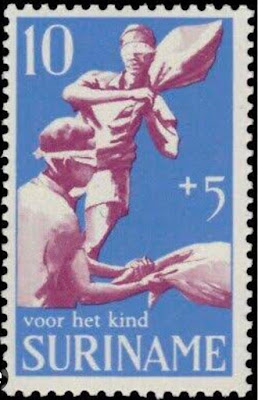The Bharatiya Janata Party (BJP) was founded on April 6, 1980, by a group of leaders including Atal Bihari Vajpayee, Lal Krishna Advani, and others. The BJP is one of the major political parties in India and is affiliated with the broader ideological movement known as Hindutva, which seeks to promote Hindu nationalism.
Atal Bihari Vajpayee and Lal Krishna Advani played pivotal roles in shaping the BJP's ideology and policies. Vajpayee served as the Prime Minister of India three times: briefly in 1996, and then for two consecutive terms from 1998 to 2004. He was known for his oratorical skills and statesmanship.
Lal Krishna Advani also played a significant role in the BJP's growth and served as its president multiple times. He was a key figure in the Ram Janmabhoomi movement, which advocated for the construction of a temple at the site believed to be the birthplace of Lord Ram in Ayodhya.
The BJP has been a dominant force in Indian politics since the late 1990s, and it has formed multiple governments at the national level. It advocates for policies promoting economic liberalism, cultural nationalism, and a strong stance on issues such as national security and terrorism.




.jpg)




